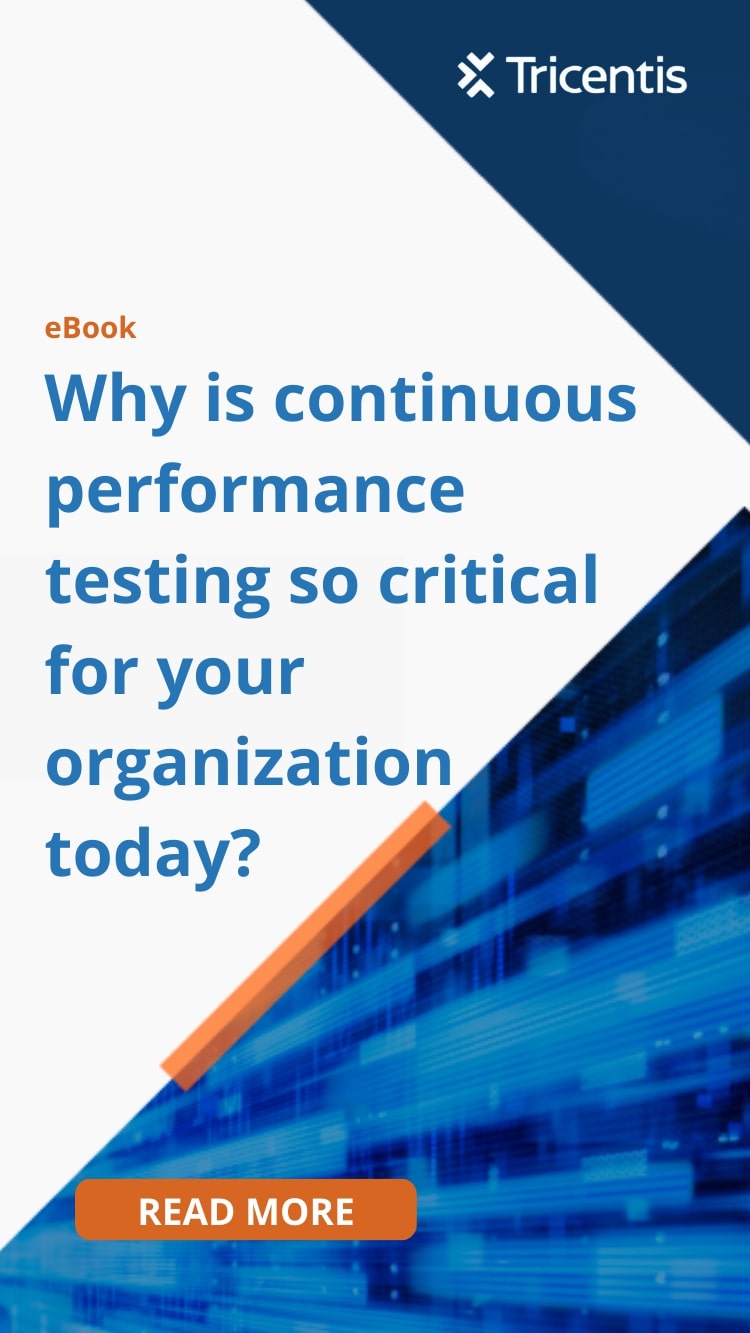The initial wave of AI-based applications replaced humans to improve efficiency and cut costs. Newer AI-powered applications help enterprises make better decisions, manage risks, and fuel innovation. Advances in AI help leaders make informed decisions to address complex challenges and fuel growth.
1. Increased volumes and turnover through improved sales and marketing
Many enterprises have applied Artificial Intelligence (AI) to improve their marketing efforts. Machine learning algorithms:
- Automate basic account and lead management tasks. The algorithm recommends the content or sales action that will convert the customer. Using AI-powered machines improves speed and accuracy and delivers a high success rate. The spin-off benefit is human marketers getting more free time to focus on higher-value customers.
- Enable deep personalization. The AI engine looks at customer data, social and sales data, and other relevant sources. For instance, smart AI identifies the channels, payment choices, and other customer preferences. Such insights improve decision making related to product positioning.
- Enable targeted marketing. Advanced AI-powered data analytics make it easy to identify high-value clients and prospects. The AI engine supports the marketer’s decision on prospects to target and enjoys a high success rate.
- Facilitate intelligent pricing tactics. AI-powered pricing optimization tools segment customers and apply custom pricing. These tools suggest competitive prices during negotiations to close the deal. The AI engine considers path deals, win-loss rate, and other parameters. The human brain and other conventional engines cannot process such information always.
2. Efficiency gains and competitiveness through streamlined workflows
The first generation of AI-powered tools automated repetitive processes. AI has since then evolved to drive complex automation that powers direct enterprise growth. For instance, the latest versions of Cortana enable voice assistants to read emails and create calendar events.
Agile AI-powered solutions:
- Enable automation and allow enterprises to embrace the Fourth Industrial Revolution. Automated workflows reduce HR costs, improve accuracy and reduce time-to-market. It enables optimal resource allocation and improves revenues.
- Unearth inefficiencies in production and streamline processes. Today’s AI technologies are much more capable than a simple analysis of data streams. Machines with embedded sensors emit signals when temperature, humidity, smoke, pressure, or other variables fall outside the desired range. Connected AI-powered engines schedule preventive maintenance before the fault escalates.
- Offer digital assistants anytime and anywhere. These assistants take notes, send emails, schedule meetings, and even auto-generate quality content.
- Offer better insights to streamline and secure work processes. For instance, an AI dashcam detects unsafe driving events and issues real-time alerts to drivers.
Consider Airbus’ open data platform. The platform integrates data of airline companies to streamline manufacturing and improve performance. The platform delivers insights to suppliers and customers, enabling 360-degree supply chain visibility. Suppliers and parts manufacturers get advance information on inventory requirements for predictive maintenance. The benefits include better aircraft uptime ratios, lesser flight cancellations, and increased customer satisfaction.
3. Proactive customer service
Today‘s globalised digital-first economy relies on technology. Customers, who often get stuck with faceless technology, need customer support more than before. But most enterprises find it unviable to offer round-the-clock multi-language support.
With AI, intelligent chatbots replicate human-to-human service interactions and save the enterprise time and money. These bots take automated decisions based on set rules. Businesses may offer support round the clock, in multiple languages, without wait times.

AI also makes customer support proactive. Natural language processing and machine learning now decipher both written and spoken words. The technology extracts meanings hidden in context. Enterprises applying these technologies detect customer sentiments from everyday engagements. They may decide to reach out to such customers proactively.
Consider BMW’s “Project AI”, which deploys AI throughout the company’s value chain. In support, customers get help from the intelligent personal assistants embedded in the vehicles. Employees may tap into AI assistance through translation tools and context-processing assistants.
4. Improving strategic decision making
A Gartner survey suggests the current decision-making process in enterprises is untenable. Today’s digital age comes with information overload.
Human brains have many innate cognitive biases that impair judgement in predictable ways. Human reasoning often:
- Relies on shortcuts. Genetic traits may make the brain incapable of processing a lot of information.
- Give more weight to recent events over more impactful but older events.
- Stereotype people and events.
- Anchor on previous events, even when irrelevant.
- Conjure up specious explanations for random noise.
AI retrieves and processes enormous volumes of data within seconds with high accuracy. Connected devices capture every transaction, customer gesture, and connected micro-and macroeconomic indicators. AI-powered machines analyse such insights, overcoming the shortcomings of the human brain.
Combining data-driven insights and human experience improves the quality of decisions manifold. Decision-makers relying on AI systems take the guesswork and intuitions out of the equation. AI works with nonlinear, exponential relationships and delivers consistent, objective results.
Use cases of AI-powered decisions contributing to growth abound. For instance,
- Healthcare firms apply AI’s image recognition and segmentation capabilities to examine thousands of CT scans and support the radiology staff in making accurate decisions.
- Banks use AI techniques such as Genetic Algorithm (GA) with Machine Learning and Big Data to analyse loan portfolios.
- Fleet management systems use AI to enable real-time tracking. The deep insights make it easy to decide the best routes without compromising safety.
- The entertainment industry uses AI to keep users hooked on gaming screens.
- Streaming services use AI to recommend content.
Enterprises that train algorithms using large data sets develop better decision-making capabilities. Such enterprises innovate faster, engage with customers in new ways, and compete better. For instance, AI determines the correct inventory levels to maximise profits. With proper training, the algorithm suggests higher inventory to overcome supply chain disruptions.
Consider a Hong Kong based wealth management company that uses AI to assist the board in decision-making. The AI-powered technology weighs the risks, calculates outcomes, and makes recommendations. The board counts the votes cast by the AI technology alongside the votes cast by human board members.
5. Improved Human Resource decisions
AI helps enterprises hire the right personnel. When technology proliferates and becomes commonplace, competitive differentiation comes through human resources. Co-opting AI in the recruitment process helps shortlist candidates who tick all bases, most notably in value alignment. Such committed employees give in their 100% and go the extra mile to delight customers. They become growth champions, striving for excellence and ensuring the enterprise grows along with them.
AI helps recruiters and HR managers:
- Identify the key performance drivers for specific roles and match the ideal candidate for such roles.
- Re-skill employees. AI crunch performance data to shortlist employees most amenable to change, who can learn faster, or who are more resilient.
Business executives who align AI with value creation make smart decisions. They realise competitive advantages for their businesses.
The next big thing is Quantum AI. Read on to find out if your enterprise is ready for it?











